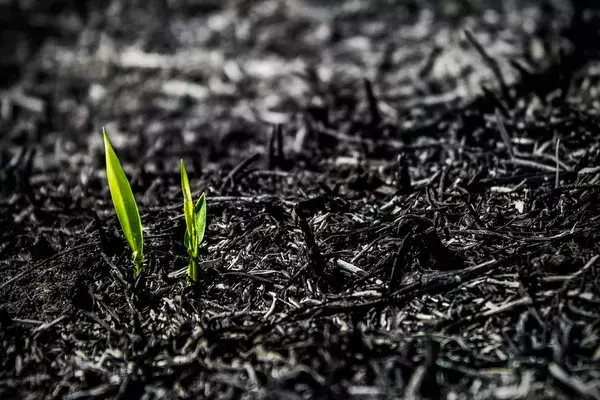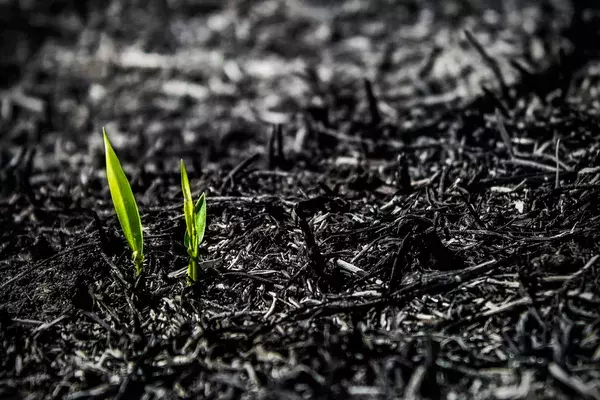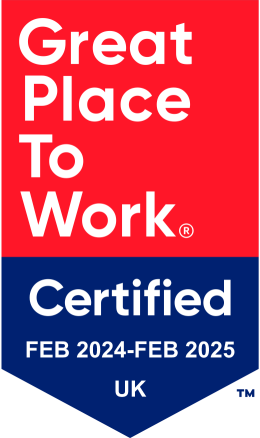20 May 2020 | Blog
An industry overhaul | Blog 3 | Our top priorities
20 May 2020 | Blog
An industry overhaul | Blog 3 | Our top priorities
Thanks for making it to my final blog post of the series (if you missed the previous ones, you can read #1 here and #2 here). Here I’ll be looking at two things that are very close to my heart. The first is communication, which I live and breathe in order to support my customers every day, and the second is the home that we all share – the environment.
Passenger communications
The same sentiment has been echoed across all three blog posts in this series: If we are going to drive effective change and bring back a bigger and better industry than before, we have to start working together. And when it comes to passenger communications, here’s where we need to start so we're all “singing from the same hymn sheet”…
Advising customers of what to expect before they get to the airport will be absolutely key to minimising queues, ensuring social distancing rules are adhered to, and making the experience as pleasant as possible for staff and passengers alike.
This includes:
- Communication during the booking process of what is expected of the customer during their new journey.
- Endorsing the updated process with pre-departure communications, giving your guests the chance to understand the new “hoops” they’ll have to jump through before they get on the plane and what will happen once they arrive at their destination, allowing them to be aware of all expectations, avoiding cancellations/issues just before travel.
- Request next of kin and compulsory contact details for someone at the destination at booking to enable easy virus tracing.
- Compulsory catering choices for journeys where onboard meals are served, with the option to opt-out of certain meals.
- Enable Auto Check-in and advise guests this will happen at booking or at pre-departure communication level, to entice them to designate seat preferences and ensure all of their advance passenger information (API) is added; At this point, passport/ID details will be checked to allow passengers to remedy any issues.
- Passport/ID details sent to departure and arrival country authorities for checks (APIS) to speed up airport processes.
- ANCILLARY – Offer electronic bag tags with re-programmable baggage tags for each journey we take (e.g. universal or branded tags that can be used across all carriers and airports.)
- Automated Electronic Boarding passes issued X days before departure.
- Information about security and hand luggage scanning (preferably without having to remove any clothing!)
- ANCILLARY – Hand Luggage concierge for larger hand luggage- drop off and meet at the gate (just like we do with children's buggies today.)
- Boarding sequence notifications for specific groups of passengers to avoid the crunch at the gates.
Consumption and our environment
One of the recommendations that have come through the industry bodies is to minimise catering onboard the aircraft to stop the risk of spreading COVID-19. However, surveys show that future customers do not want to lose the ability to have a meal on board.
Catering for the travel industry has been an environmental catastrophe that very few companies have managed to address, even at the most basic level. The lack of local and global-level agreement has not helped at all. During the lockdown, we have saved tonnes of plastic and food waste going to landfill and there is a massive opportunity to do the right thing so we’re ready for when travel picks up. Flight shame has not gone anywhere, particularly with reports of significant cuts in air pollution while planes have been grounded. So carriers will have to work extra hard to show they’re doing their part to reduce the impact on the environment wherever possible once things start moving again.
This is a big opportunity for airlines to differentiate from their competitors. How can our industry support safe and sustainable onboard catering? Before the COVID-19 outbreak, we did see a few examples of carriers showing innovation and progression in this area. Including:
- Offering the option to pre-book meals to empower the passenger, whilst reducing waste.
- Trials of compostable packaging like BioPak; this was a breakthrough, as much as it was a PR opportunity.
Hand in hand with reducing costs, we have an opportunity to innovate and differentiate, together with our catering partners, to create a new norm which will show giant leaps forward for our industry.
You will be surprised how many customers will choose a more sustainable journey, once they know that an airline is going out of its way to reduce its impact on the environment.
Most importantly, we should not wait for legislation to force us to do the right thing for the environment.
This is just the beginning
Like anything else, we are quickly learning, evolving, and adjusting based on the ever-changing situation we find ourselves in.
Together with industry bodies, existing alliances and partners, we can shape a sustainable, reliable, and enjoyable journey by influencing how our governments will impose future processes.
It is our responsibility to pro-actively recommend what will work, based both on scientific fact and the empathy that we have for our passengers, learned over many decades.
COVID-19 hit us like a huge tsunami, and sadly it’s likely we’ll be hit again. But how we respond and evolve now will determine our success in years to come.
The bottom line is that keeping our customers informed of changes, communicating the WHY and supporting them with new ways to achieve a calm and connected travel experience will ease anxiety and fear so they can book with the confidence that we need to kickstart our industry again.





